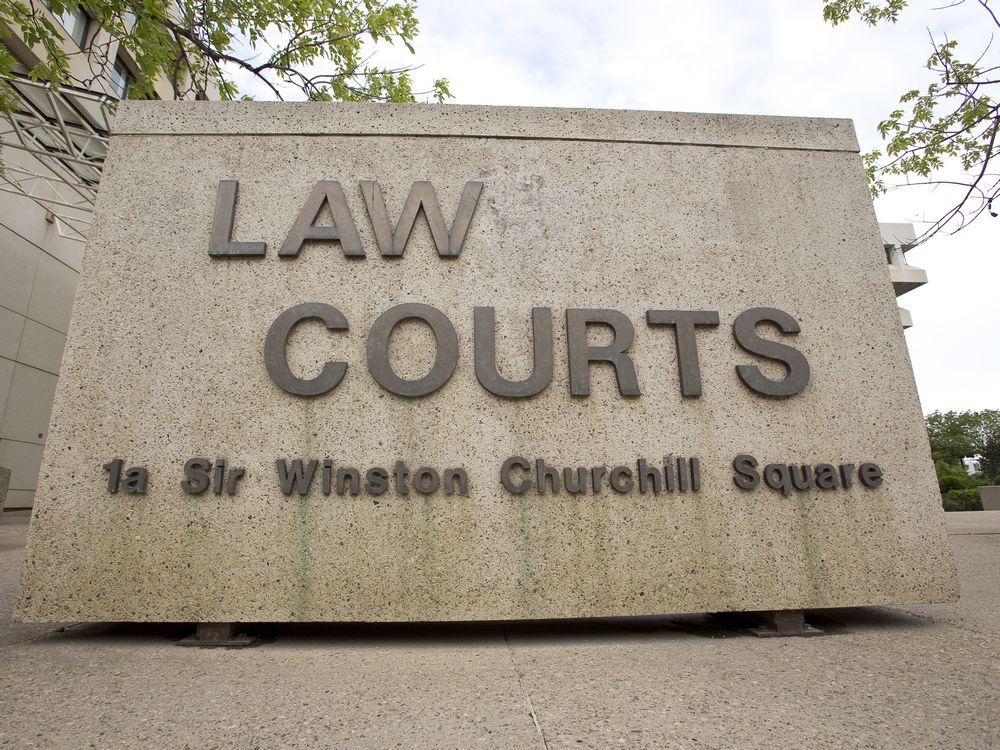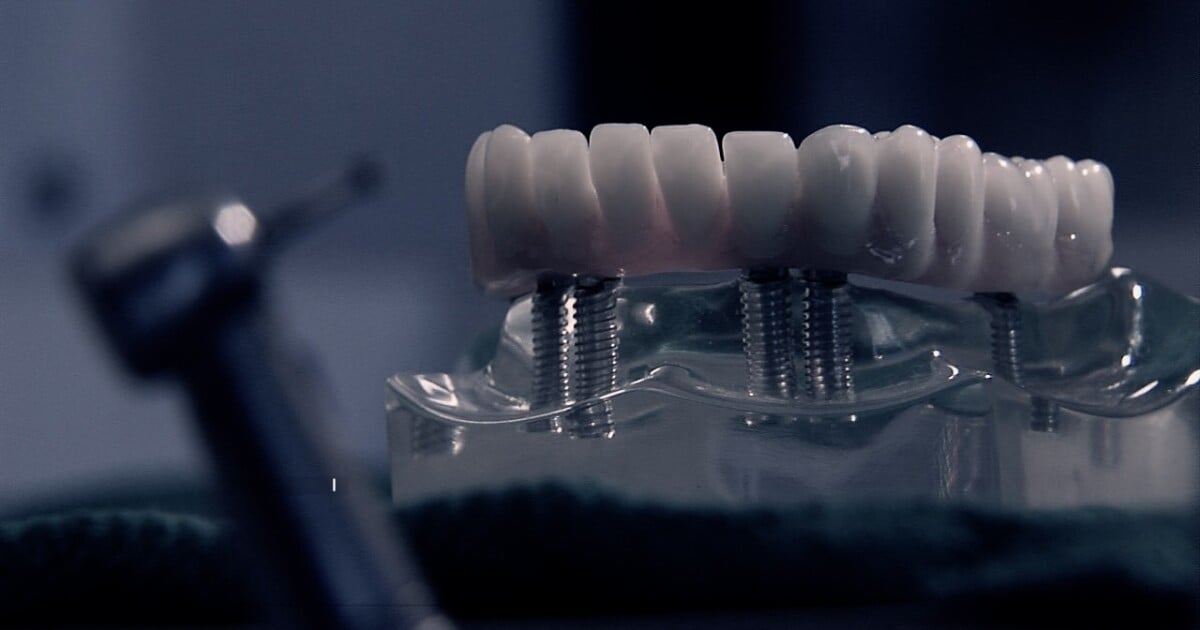- Joined
- Apr 9, 2006
- Messages
- 5,447
- Reaction score
- 7,323
The Public: dental sedation isn't safe
Anesthesiologists: dental sedation isn't safe
Dental anesthesiologists: literally a field created by dental organization because dental sedation isn't safe
Generic dental boards: hmmm may need to look into things more because it seems dental sedation may not be that safe
North Carolina dental board: 6 patients died in the last 7 years here from dental sedation. But don't worry... jt's not because dental sedation isn't safe. It's because our dentists like cutting corners and not following the standard of care due to inadequate personnel, training and equipment. (Read: Relax. The deaths are just because our dentists suck)
@bergus95: I may have a tiny fraction of the training in anesthesia and I have never actually independently taken care of a patient because I am a trainee but I know more than anyone else and I can operate while simultaneously delivering an anesthetic that is safer than anyone else including board certified anesthesiologists
Makes you wonder what goes on in a dentists head when they cut corners... 🤔
Anesthesiologists: dental sedation isn't safe
Dental anesthesiologists: literally a field created by dental organization because dental sedation isn't safe
Generic dental boards: hmmm may need to look into things more because it seems dental sedation may not be that safe
North Carolina dental board: 6 patients died in the last 7 years here from dental sedation. But don't worry... jt's not because dental sedation isn't safe. It's because our dentists like cutting corners and not following the standard of care due to inadequate personnel, training and equipment. (Read: Relax. The deaths are just because our dentists suck)
@bergus95: I may have a tiny fraction of the training in anesthesia and I have never actually independently taken care of a patient because I am a trainee but I know more than anyone else and I can operate while simultaneously delivering an anesthetic that is safer than anyone else including board certified anesthesiologists
Makes you wonder what goes on in a dentists head when they cut corners... 🤔
Last edited:





